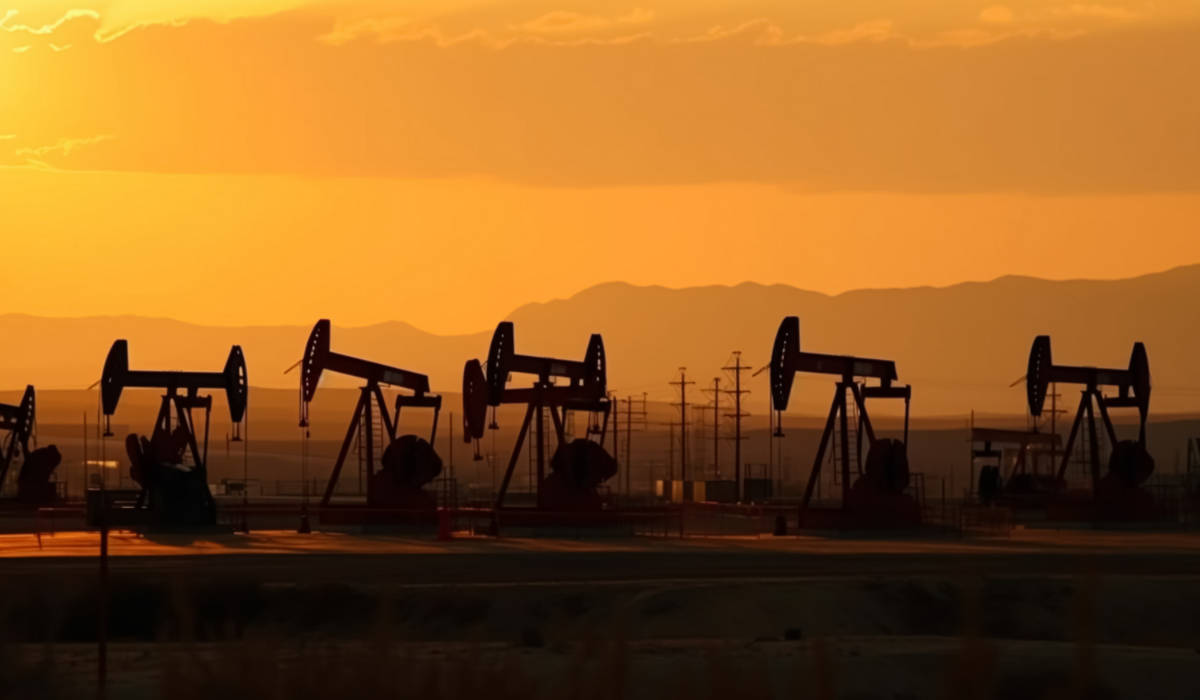The importance of addressing the challenges posed by climate change has become increasingly important on the global agenda. One area that reflects this trend is the growth in the use of environmental disclosure requirements to prevent “greenwashing.” For example, the European Union (EU) Parliament and Council reached consensus on the banning of greenwashing through the use of misleading advertisements, in order to provide consumers with better product information.
In the context of this EU decision, greenwashing refers to “advertising and marketing that use eco-conscious jargon to represent to the public that a business is making positive environmental or sustainability choices and/or that its products, aims and policies are environmentally friendly. Often these claims are far from accurate and border on being labelled dishonest.” However, greenwashing can also be used in a wider sense to describe the intent of any attempt to present an action or initiative as greener than it actually is. For example, a country can claim that a specific policy is aimed at reducing emissions but in reality the results may generate consequences that harm the environment. For example, policies may encourage the use of solar energy, but the actual production, distribution and installation of solar panels may generate emissions, pollution and waste that is not taken into account when making claims about the contribution of such a technology to a green transition. Omitting or misrepresenting this kind of information can thus also be a form of greenwashing,
According to the 2022 report on net zero commitments by businesses in Africa, half of the continent’s 250 publicly listed enterprises have set emission targets. These businesses represent a total market capitalisation of $526 billion (as of March 2022). The findings show that 51 companies have net zero emission targets and 74 of them have other types of emission targets. The report states that other companies without target are likely to set them over the next 3 years. In general, they aim to attain the emission target through improving the efficiency of their operation as well as investing in renewable energy and in voluntary carbon credits. Some enterprises without clear targets indicated that they are already investing in emission reductions or will be working to set science-based targets.
Politicians have to balance the serious threat that climate change poses to the livelihoods and food and water security of millions of people on the African continent
Tweet
Approximately two-thirds of the 250 publicly listed companies are registered in South Africa, Morocco, and Egypt. However, there are no specific laws or policies promulgated against greenwashing in these countries apart from general consumer protection and false/deceitful marketing and advertising regulations. Global greenwashing cases are significantly on the rise, especially by banks and financial services companies. In response, governments around the world most notably from the EU, North America (although to a lesser extent compared to the EU) and 13 countries of the Association of Southeast Asian Nations (ASEAN) have established taxonomies for sustainable financial practices to curb greenwashing. Interestingly, the African continent is behind in terms of developing taxonomy policies that address greenwashing or adhere to Environmental, Social, and Government (EGS) criteria.
In this context, the continent is faced with a dilemma. On the one hand lax environmental regulations in Africa can allow emissions that harm the environment to go undetected. It also provides an opportunity to attract investments from companies that want to escape stringent environmental laws in their home countries, especially in the fossil fuel, airline, and automobile industries. On the other hand the continent needs to industrialise and to create employment if it is going to achieve its development targets. There may thus be a reluctance to introduce strict EGS criteria that may deter investment and that may be costly to implement and monitor. African countries have been inspired by the East Asian Tigers’ industrialisation experience and one of the crucial components was the role that foreign investment played in upgrading and diversifying the industrial structure of these countries.
Many African politicians and intellectuals argue that as Africa contributes the least to the greenhouse gases that are causing climate change, it would be unfair to expect Africa to sacrifice the development of Africa’s people to reduce emissions
Tweet
Politicians have to balance the serious threat that climate change poses to the livelihoods and food and water security of millions of people on the African continent. On the one hand the negative impact these climate change effects have on peace and security and on the other hand, the need for development and economic growth.
Many African politicians and intellectuals argue that as Africa contributes the least to the greenhouse gases that are causing climate change, it would be unfair to expect Africa to sacrifice the development of Africa’s people to reduce emissions. They argue that the developed countries, that have historically caused the most emissions, must take responsibility for climate change, and for significantly reducing their growth and consumption.
Although some governments may require companies to provide their environmental information disclosure, weak enforcement and no repercussions may make it easy for companies to greenwash. African governments could borrow some policy and enforcement techniques from EU’s CSDDD rules and mode of enforcement.
Neo Letswalo is a Climate Peace and Security Researcher at ACCORD.


